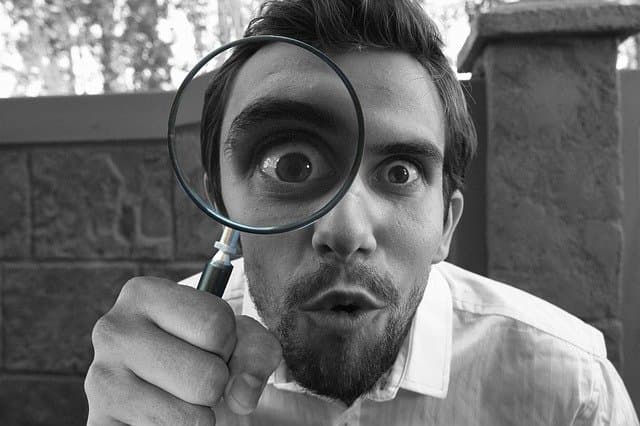When you ask atheists why they do not believe in gods, you hear different answers. Still, I think that most atheists will eventually say something about the lack of evidence for the existence of gods. Evidence is important to many atheists, as it should be. But there is a problem when we claim that there is insufficient evidence for gods (or no evidence whatsoever) and expect this to be persuasive to religious believers. Statements like this are bound to puzzle religious believers because they see evidence of their preferred gods everywhere, though I can't help but find it interesting that they never see evidence for any of the other gods people have worshipped. Why, it is almost as if they are afflicted with confirmation bias!
When the Christian tells you that she sees evidence of her god everywhere and you inquire about this evidence, you will inevitably hear at least a few references to natural beauty. For many Christians, something as simple as a sunset is all the evidence they need. It doesn't seem to matter that natural phenomena like sunsets can be explained without any need for supernatural entities. After all, many Christians believe in magic. They are still mired in the "demon-haunted world" Carl Sagan wrote about, and they aren't interested in scientific candles to light their way.
I think it is helpful for atheists to recognize that many religious believers are perfectly content to remain in their world of false magic. They want to believe, and experiences of natural beauty are a convenient way to do so. "Just look at those rock formations. How could you want any more evidence than that?" I do want more evidence than that because I don't consider that evidence of anything other than the existence of natural phenomena, but I recognize that you aren't really looking for evidence at all. You are happy to believe in gods because you want them to be real.
I have known many well-educated Christians who will point to all kinds of natural phenomena as evidence of their preferred god even though they are well-aware of the science behind them. If pushed, most will admit that their god might work through science. Most will eventually end up pointing to faith as if it was somehow a valid form of evidence rather than an example of circular reasoning (i.e., I believe in gods because I believe in gods). Almost every atheist has been reminded of banging their head against a wall while talking to a religious believer, and I suspect this is why.
So what's the lesson here? We can talk about the lack of evidence for gods until we run out of breath, but we shouldn't expect it to have much of an impact on religious believers. These are people who believe in something that defies evidence and requires only faith. Even those believers who do mention evidence aren't really looking for evidence for any other purpose than to make themselves feel more secure in what they already believe. When they do the "Then how do you explain..." routine, they aren't really looking for answers.
Too pessimistic? Maybe so. I bet most of us can think of at least one former religious believer who would say that improved scientific literacy was important in their transition away from god-belief. Perhaps living in a world of magic becomes less tenable as one learns more about science. This would go a long way toward explaining why many religious fundamentalists are so hostile to science. The only thing I'd point out here is that the impact of skepticism and scientific literacy more broadly seems to require a certain readiness on the part of the religious believer before it has the kind of impact we'd like it to have. Many religious believers seem impervious to it until they hit sort of a tipping point where it begins to raise questions.
